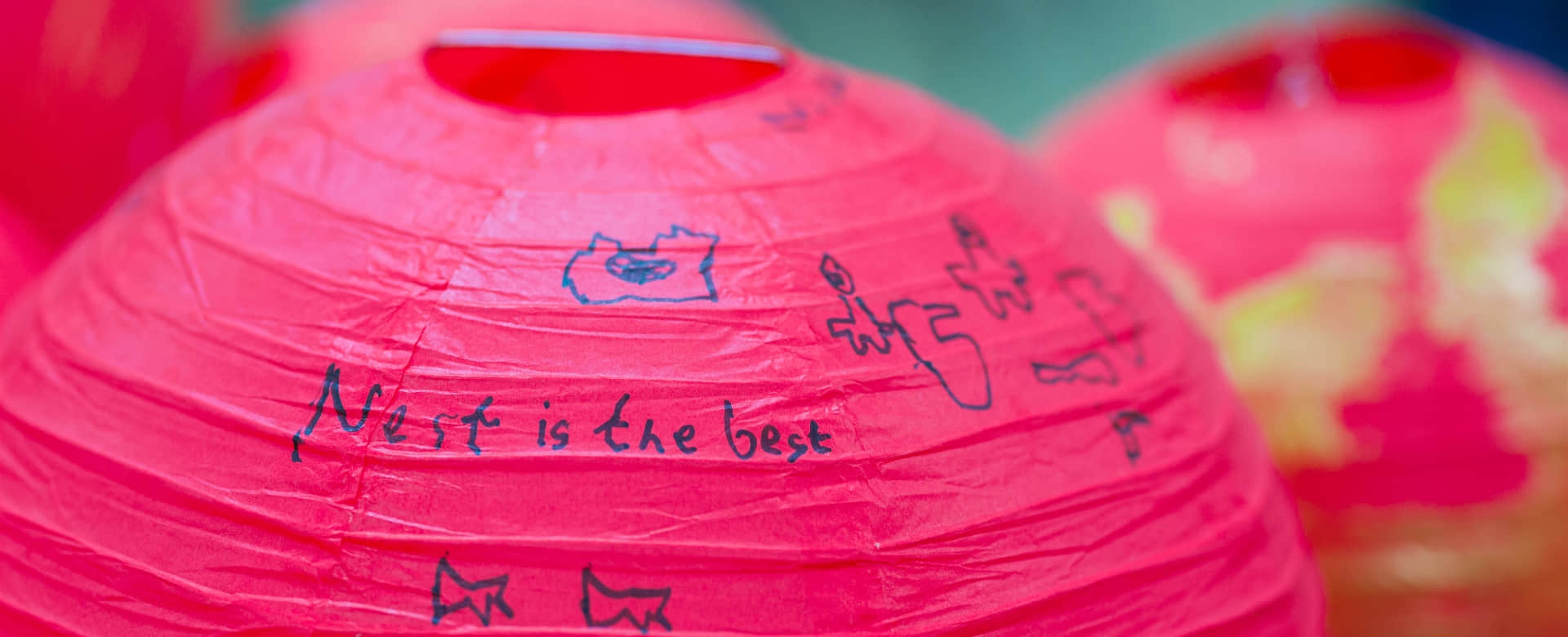Educational Insights | Outdoor Learning and the 24 Solar Terms

Jordan Zhao
Reception Teacher / Nest Safeguarding Support
In traditional Chinese culture, the twenty-four solar terms are the observation and understanding of natural phenomena and are the crystallization of Chinese wisdom. The educational concept of combining outdoor learning with the twenty-four solar terms for children is to place them in a natural environment, deepen their understanding and recognition of the twenty-four solar terms, and cultivate their environmental awareness and concept of climate and how it all affects them and how they affect it.
For children aged 2-6, when they learn about the twenty-four solar terms, the mysteries of seasonal changes, climate, folk culture, and customs will lead them to discover, understand and feel, which directly affects their understanding of the world. We support children to look for similarities and differences as we journey through the 24 solar terms. Children see how they affect their local environment, their country and how they are experienced in other parts of the world. This article will discuss the benefits of the educational concept which combining outdoor learning with the twenty-four solar terms for children.

1. Help children better understand and appreciate nature
Children can learn about the changes and patterns of the twenty-four solar terms by observing natural phenomena such as the sky, clouds, and wind direction during outdoor learning. For example, during the Beginning of Spring, children can observe that the weather gradually becomes warmer, and plants start to grow, which is a sign of spring's arrival; during the Winter Solstice, children can observe that the daytime becomes shorter, and the night becomes longer, which is a sign of winter's arrival. Through such observation and understanding, children can better develop a sense of awe for the natural world and can also enhance their love for nature by using their imagination and creativity to create art from nature.
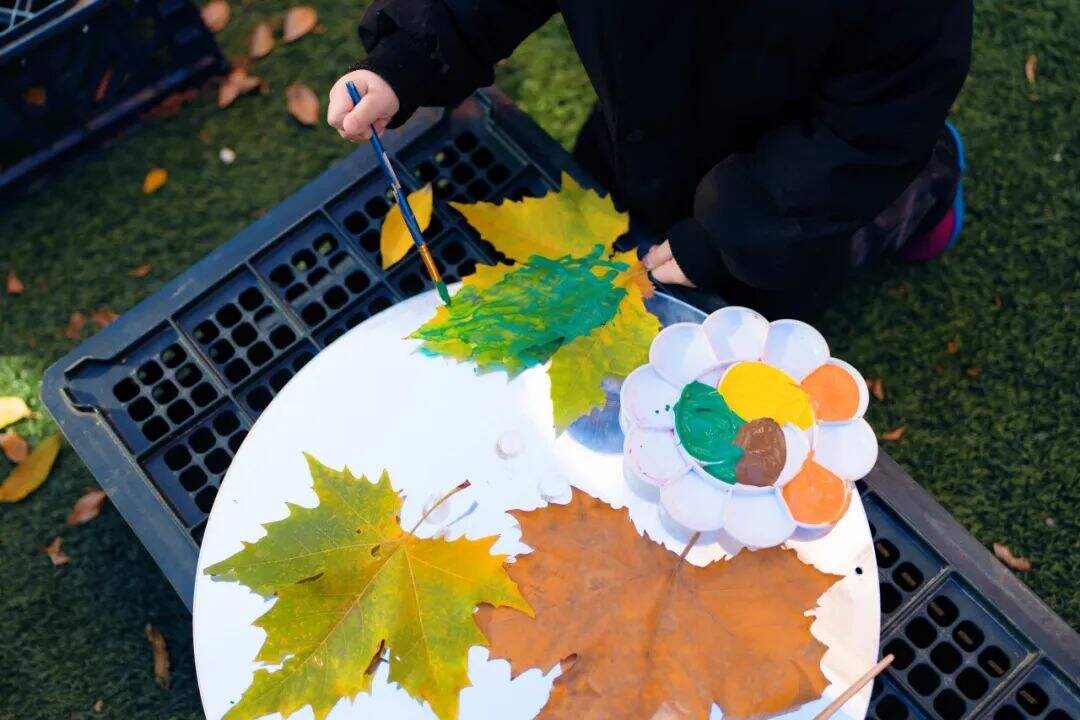
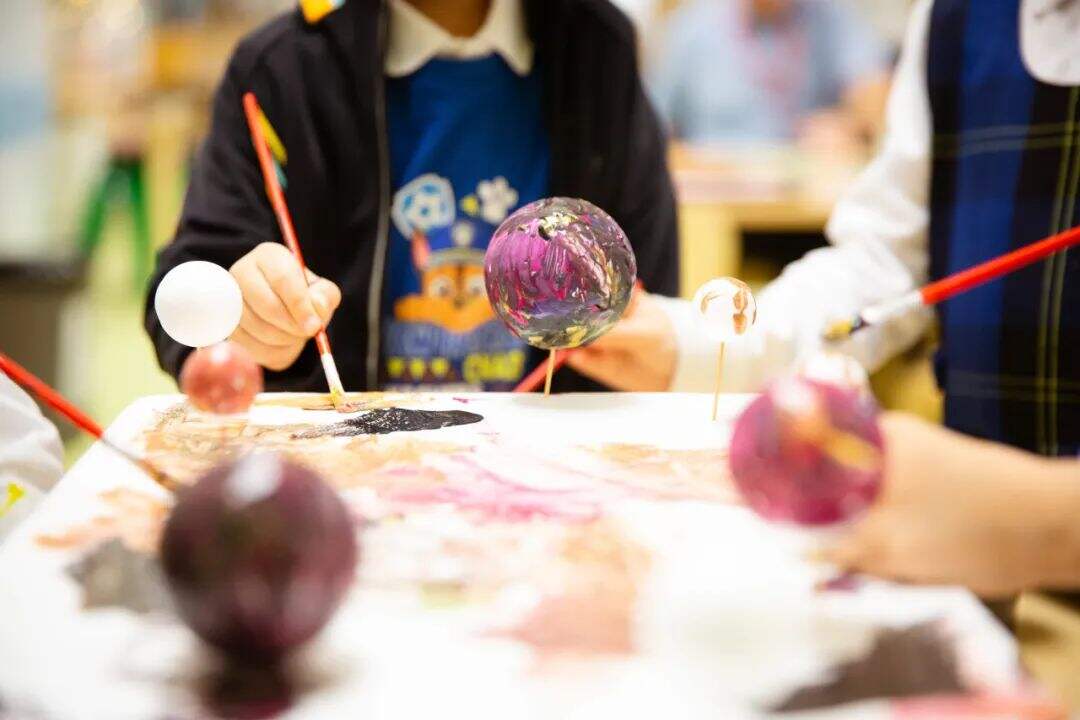
2. Better understand Chinese traditional culture
The twenty-four solar terms are an important part of Chinese traditional culture. Children can learn about the historical origins and cultural connotations of Chinese traditions through the twenty-four solar terms. For example, during the Pure Brightness, children can learn about the origin and traditional customs of the festival, such as paying respects to ancestors and sweeping graves. The Autumnal Equinox used to be a traditional "moon festival", and now the Mid-Autumn Festival is derived from the traditional "moon festival". During the Autumnal Equinox, families reunite, appreciate the moon, eat mooncakes, and guess lantern riddles to celebrate the Mid-Autumn Festival. This gives context to the festival that children can understand.
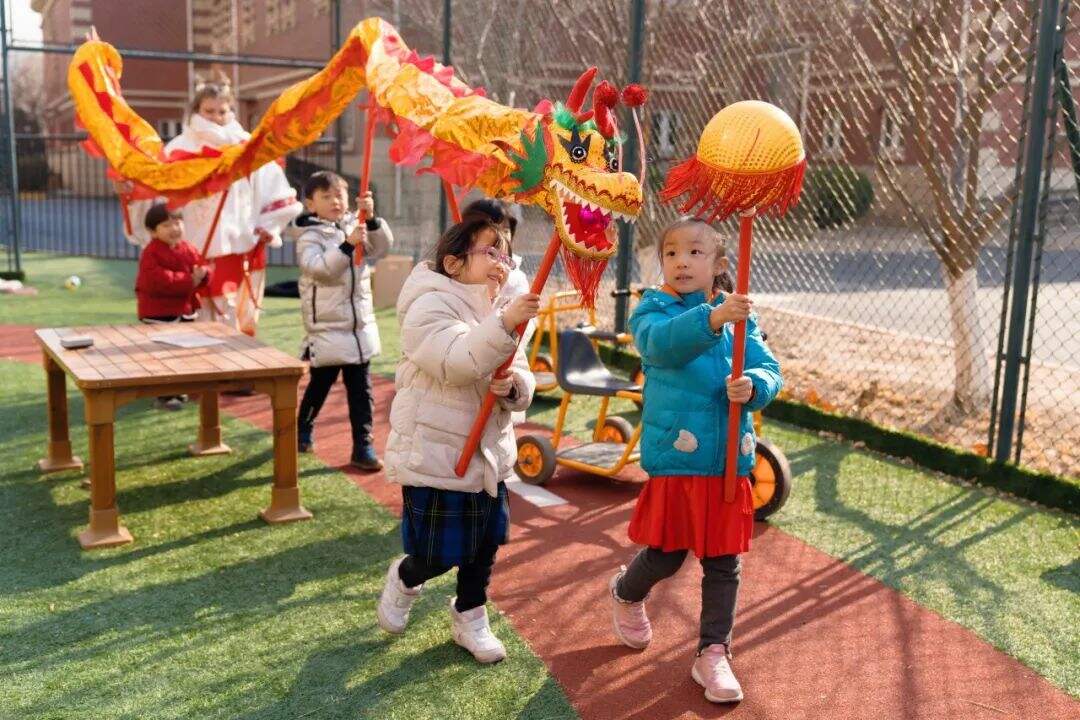
3. Improve language and communication skills
The various solar terms are passed down through generations in nursery rhymes, folk songs, ancient poems, and proverbs, and were traditionally used as time limits for productivity and daily life. During outdoor activities, children can also discover and speak about the cycle of different solar terms using their senses. For example, during the Winter Solstice, the three phenological periods are: water begins to freeze, the ground begins to freeze, and wild chickens enter the water as clams. During the Rain Water, which happens in spring, children can recite the ancient poem "Spring Night Rain", and feel the lightness of the rain outdoors.
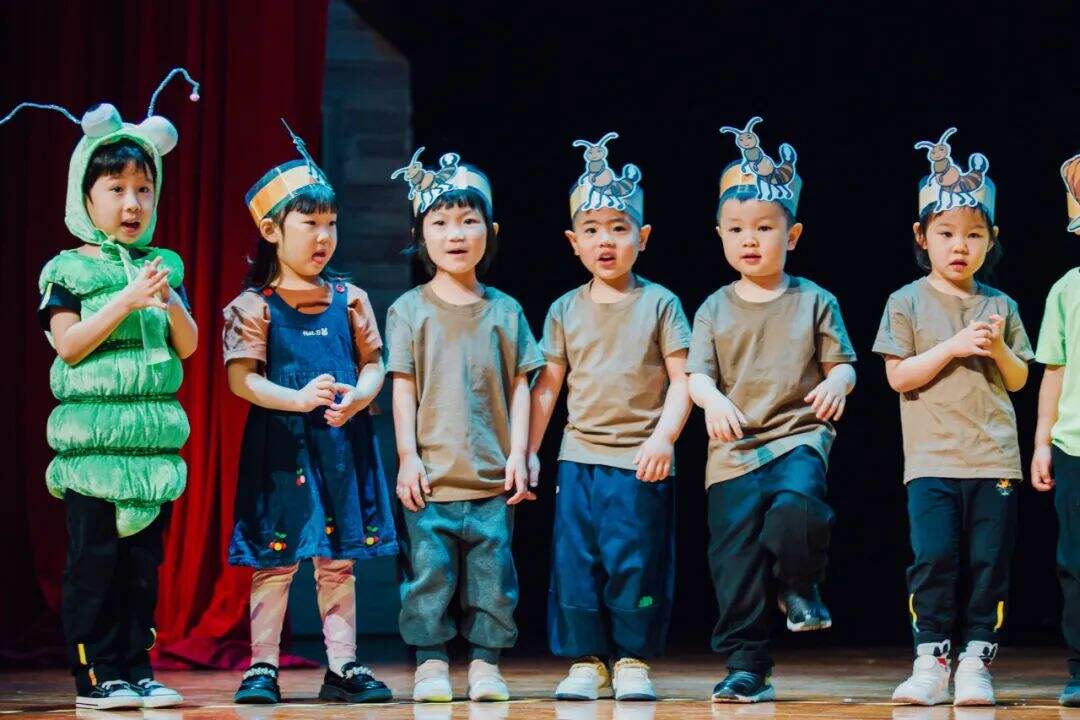
4. Support mathematical concepts
During different solar terms, natural objects can be used for mathematical teachings, such as using flowers in nature to teach quantity, colour, and shape. In the Nest, we try to use natural materials where possible. Natural landscapes and objects can also be used for mathematical games, such as teaching about distance, height, and time as a few examples. Practical teaching can also be carried out in natural environments, such as involving planting, and harvesting. This helps children to appreciate the hard work that goes into growing food, and not to take it for granted. We are working to reduce food waste in the Nest, so developing an understanding of how hard farmers have to work to produce the food we eat is one way we can explain the importance of sustainability when we talk about food waste.
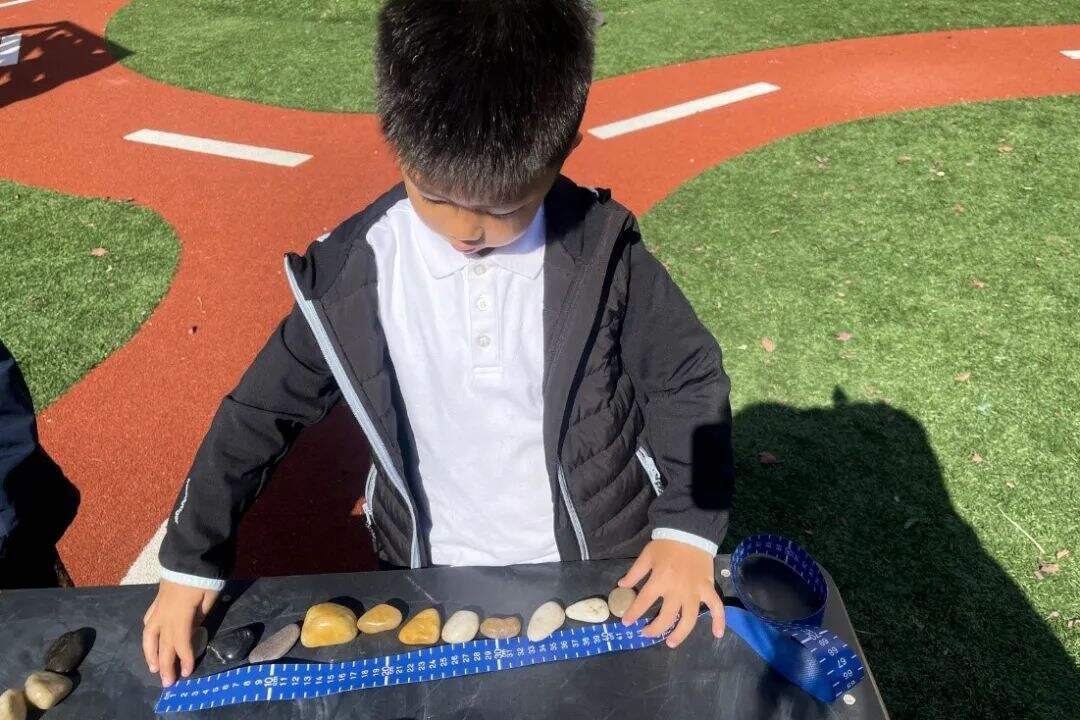
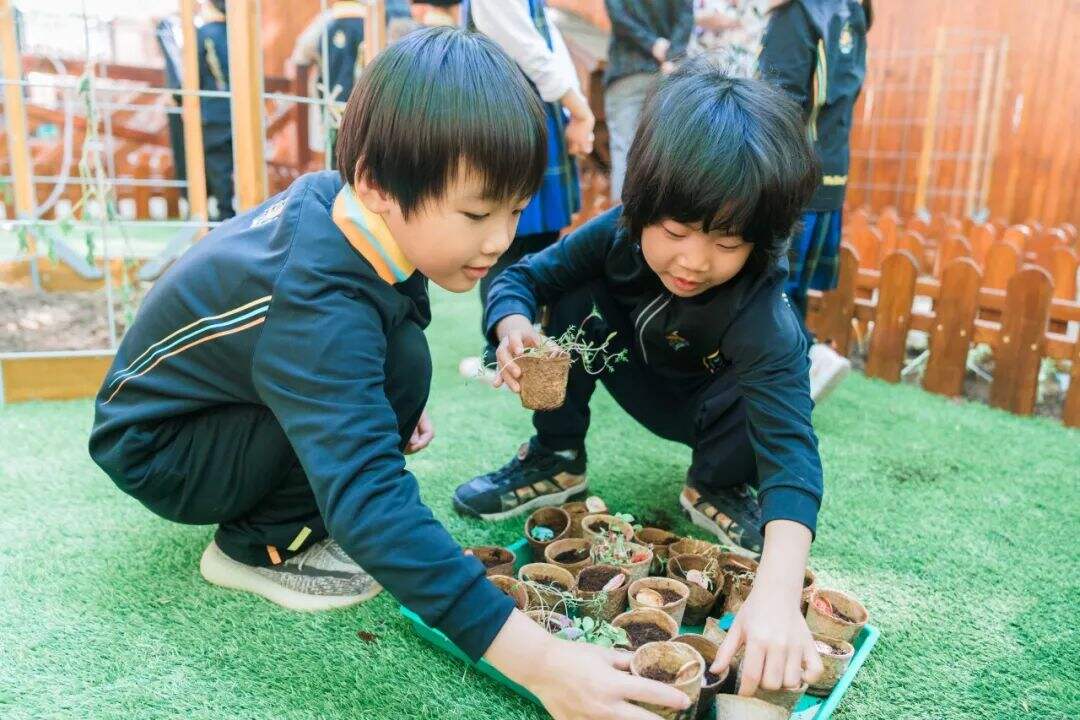
5. Promote physical development
Outdoor learning allows children to experience the sun, air, and scenery of nature and enhances their physical fitness and immunity. Being in the open air in larger outdoor spaces gives children time to be loud and fast; to develop their large muscle groups and work together to complete a task. For example, during the Spring Equinox, flying kites, collecting maple leaves during the cold dew solar term, and playing in the snow during the Heavy Snow solar term can all be carried out. At the same time, children can also engage in sports and games, such as running and ball games during outdoor learning, to exercise and improve their physical fitness. Being outside, whether it is warm or cold, dry or wet is a positive way to build stamina and a child’s natural immune system. The common cold is caused by a virus, not cold weather, so fresh air daily is a good thing.
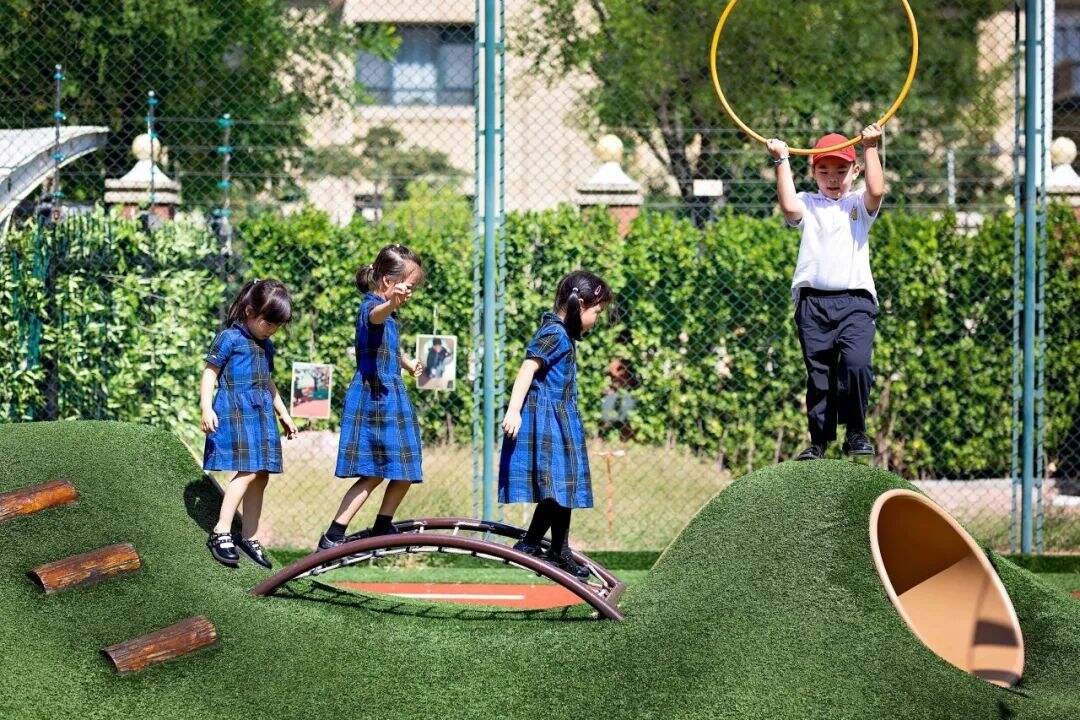
In conclusion, the educational concept of combining outdoor learning with Chinese traditional twenty-four solar terms is a beneficial educational method. Various outdoor activities can allow children to feel the beauty of solar term changes in a natural environment, while also enhancing their understanding of the world around them and what they can do as individuals or as a group to care for the environment so it is there for generations to come to enjoy.
Related Articles







 Channel
Channel 
 Linkedin
Linkedin  Weibo
Weibo  Facebook
Facebook  Ins
Ins 
